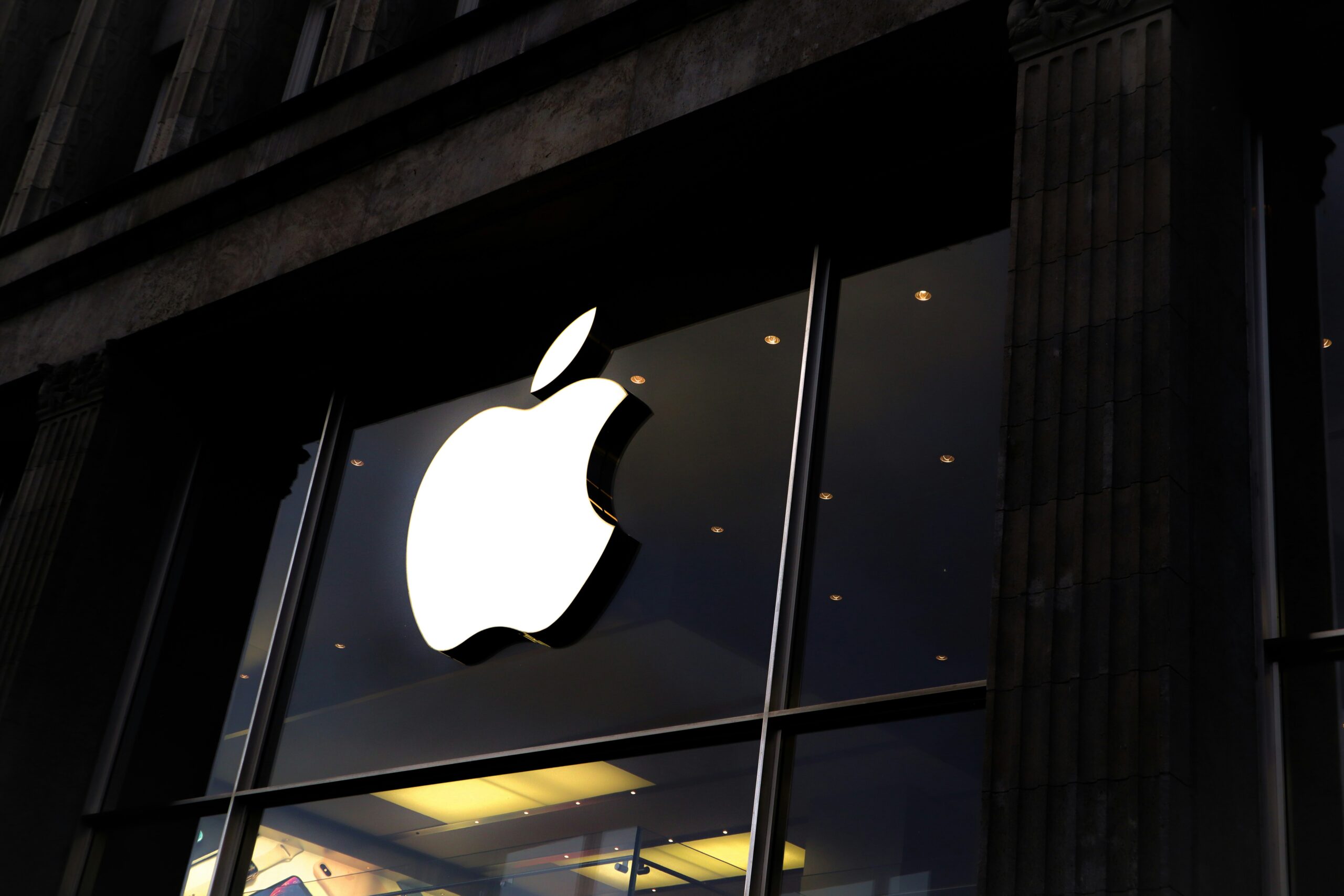Apple’s In-House Challenge
Over a one day trading period, shares of AAPL traded up 4% (versus a flat Nasdaq) on a Bloomberg report from Mark Gurman that Apple is exploring using OpenAI’s or Anthropic’s LLM to power Siri instead of their own.
It’s no secret that Apple has been playing catch up in AI. The refreshed Siri, initially demoed at WWDC 2024, was expected in spring 2025, but is now delayed until spring 2026. Last week, we wrote Our Testing Found That Siri Is a Search Tool, Not an AI Assistant, in which we said we believe they should take as much time as necessary to get this right. A rushed rollout risks another high-profile miss, something Apple can’t afford in the AI race.
Gurman’s report underscores the difficulties in pulling the new Siri together and is a reminder that closing the gap in AI is much more difficult than the company’s signature “late to the party and become the life of the party” chapters in portable music, smartphones, and content.
